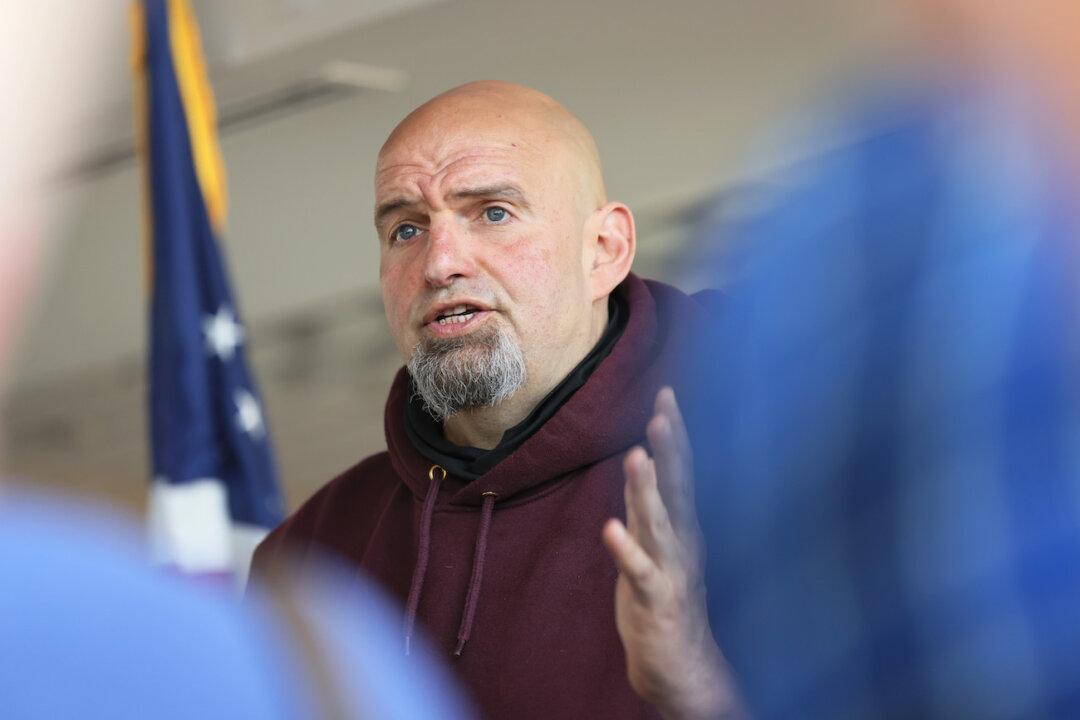Commentary
ERIE, Pennsylvania—If you are looking for conventional wisdom metrics that D.C. reporters and strategists use to outline what is going on in the race for the U.S. Senate in Pennsylvania, the short and the long answer is there are none.

ERIE, Pennsylvania—If you are looking for conventional wisdom metrics that D.C. reporters and strategists use to outline what is going on in the race for the U.S. Senate in Pennsylvania, the short and the long answer is there are none.